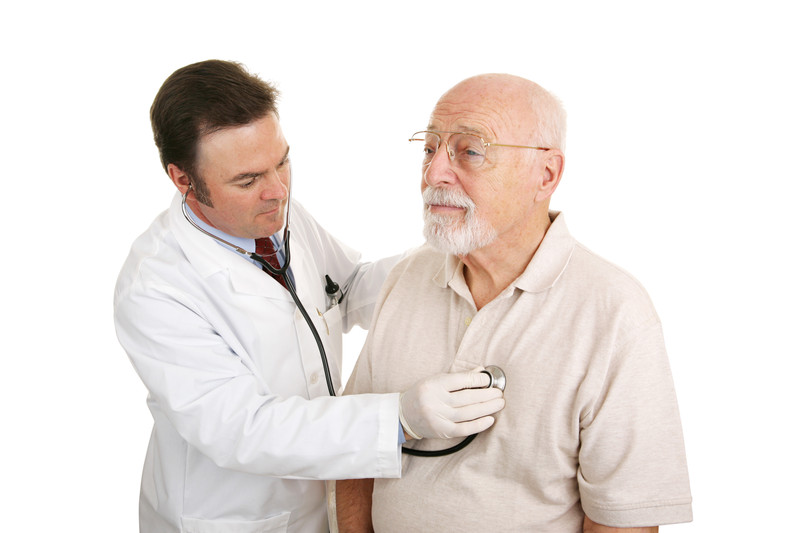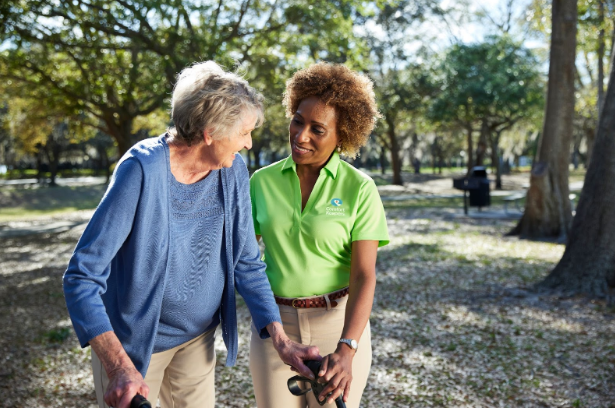What to Expect Recovering from a Heart Attack
Senior Heart Health | February 18, 2019

Everything Seniors Need to Know About Heart Attack Recovery
Recovering from a Heart Attack | With proper medical attention, heart attack survivors can continue to live for many more years, however, their lives might be considerably changed.
Depending on the severity of the heart attack, also known as acute myocardial infarction (AMI), people over 65 may need at least 8 weeks of recovery time. Older adults may be even more prone to complications, which would necessitate additional care.
What lifestyle changes can be expected after a heart attack?
Depression, fear, and anger affect at least one-fourth of heart attack victims afterward. But, as regular daily activities resume, the negative effects diminish. Your loved one needs rest, and to return to previously enjoyed hobbies. Sharing feelings with family members, a close friend, clergy, or support group is healthy.
Recovering from a Heart Attack – Week One
For at least the first week a heart attack patient is home, he or she will feel weak or exhausted. This is normal because heart attacks damage heart muscle and bed rest in the hospital creates further weakness from lack of activity.
Follow doctors’ advice, of course, but when a patient arrives home, there are usually expectations of the patient being able to dress daily, bathe, and take care of personal hygiene.
Energy, strength, and stamina increase from walking. A slow, incremental return to home duties such as cooking, cleaning, and laundry will help the patient feel normal again. Seniors in recovery may need to learn energy-conserving techniques from an occupational therapist or caregiver. Lifting, pushing, and pulling heavy objects must be avoided until the doctor approves.
Heart Healthy Diet
A heart-healthy diet will most likely be recommended, often somewhat restricted. Fruits and vegetables, whole grains, and legumes with small amounts of high-quality protein foods are best. Complex carbohydrates can increase energy reserves, but simple carbs and high-sugar foods are best avoided.
Medications
Medications may be prescribed to prevent blood clots and improve heart performance. Prescriptions may be given for irregular heartbeats, high blood pressure, or pain and discomfort. The proper dosage must be taken exactly as prescribed, sometimes with food or on an empty stomach, and sometimes alternating days or times of the day.
Comfort Keepers® Edmonton is Proud to Offer a Wide Range of Home Senior Care Services
Our trained caregivers will ensure your loved one is comfortable, independent and safe in their home. On top of that, we will also aim to enhance their overall health, quality of life and general happiness.
Top-Notch Home Healthcare for Seniors in Edmonton, Alberta
Comfort Keepers of Edmonton offers a broader range of senior care services. We offer retirement care, respite care, senior care, companionship care, end-of-life care, post-surgery care, palliative care, personal care, and senior living transition services. If you are concerned about the health and well-being of your aging loved ones, we can provide 24-hour care and more!
Helping Seniors Age-in-Place with Companionship Care and Interactive Caregiving™
Empathetic care starts in the heart and allows us to meet our client’s needs. Our trained caregivers are selected with one specific quality in mind, empathy. We strive to stimulate our clients emotionally, mentally and socially, thus enhancing their overall quality of life.
Our Interactive Caregiving™ provides a system of care that addresses companionship, safety, nutrition, mind, body, and activities of daily living (ADLs). The system increases seniors’ sense of well-being, independence and companionship by focusing on Senior Mind, Senior Body, Senior Nutrition, and Senior Safety.
Affordable and Client-Directed Homecare is Available for Qualifying Albertans
Comfort Keepers® Edmonton is an Approved Service Provider for the Client Directed Homecare Invoicing (CDHCI) Program Offered by Alberta Health Services.
What is the Client Directed Home Care Invoicing Program (CDHCI)?
CDHCI is a great program provided by Alberta Health Services (AHS), allowing clients to choose an approved agency like Comfort Keepers Edmonton for Personal Care, Respite Care and Homemaking needs. The chosen agency can then bill AHS directly for services rendered for approved hours through Alberta Blue Cross. Read more about the program HERE.
Accredited Home Care Edmonton
Comfort Keepers® Edmonton was awarded the “Accredited with Exemplary Standing” seal by Accreditation Canada. This honour demonstrates Comfort Keepers’ commitment to offering safe, high-quality home care to its senior clients in Edmonton, AB.
To learn more about senior in-home care in Edmonton, contact the Comfort Keepers® office. Our service territory includes Edmonton, Devon, Sherwood Park, Stony Plain and surrounding areas, contact the Comfort Keepers Edmonton office at 780-465-4665.
Individualized Home Care Options
Long-Term Home Care, 24 Hour Home Care & Short Term Care Options Customized for You







